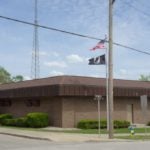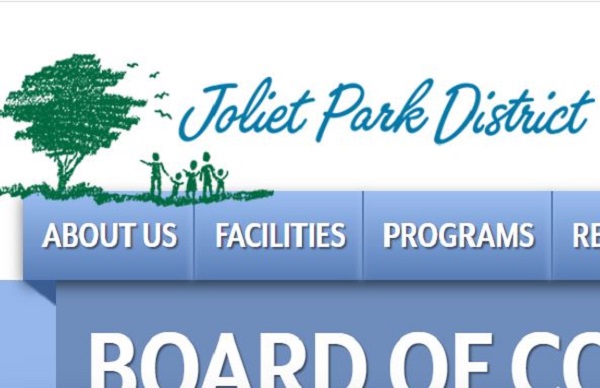Joliet, IL. (ECWd) –
We have written about this several times over the past few years, but we always find another one.
We call on the Joliet Park District Board of Commissioners to immediately amend its Board Manual to eliminate ALL “Commissioner Privileges”, as any alleged privileges violate state law, and are considered “compensation” as that term is defined in state law and state courts.
While we do not know if any or all of these commissioners are taking advantage of these “privileges” – it is written in their policy manual and granted to them.
The Joliet Park District lists “Commissioner Privileges” starting on page 10 of its Board Manual, and was last updated in November of 2016.
According to Section 4-1 of the Park District Code, commissioners shall serve without compensation. Those words have meaning, and there are absolutely no exceptions.
If a Commissioner needs to “evaluate” a program or event, they can pay for a day-pass, provide a written evaluation, and get reimbursed for their “official” evaluation. Anything beyond that should be considered stealing.
Unless, of course, they think they can skirt around the law by passing a policy permitting “privileges” to themselves.
Page 10 of their manual states as follows:
- the following are for the commissioner’s personal use only (but they also list family members later…)…
- Commissioner and family members under 26 years old: FREE Inwood Athletic Club membership
- Commissioner and family members under 26 years old: FREE admittance to Splash Station
- Commissioner and family members under 26 years old: COMPLEMENTARY rounds of golf with cart, and 20 individual guest passes
- Commissioner and family members under 26 years old: FREE or reduced rate Recreation Programs
- Commissioner and family members under 26 years old: FREE or reduced tickets to Special Events
Costs to the taxpayers:
- Inwood Athletic Club, per person, per year: $400 plus $225 for Aquatic membership
- Splash Station: $7 per day/per person
- Golf with Cart, per person, annual fee: $2015 (includes 4 guest passes) Commissioners get 20 of them
By our calculations, using data from the Park District’s web pages, for each commissioner, without family members, and without special events and recreation programs, they are in the position to rake in around $2500.00 per year. Add one family member and it approaches $5000 per year – especially if recreational programs and special events are used.
The price goes up for each family member under 26 years old who also participates.
The Illinois Governmental Ethics Act defines “compensation” as: “Compensation” means any money, thing of value, or economic benefit conferred on, or received by, any person in return for services rendered, or to be rendered, by himself or another.
The Illinois Supreme Court has weighed in on the subject of defining compensation (read this paper)
The Illinois Code of Civil Procedure talks about this in Section 20-101 when providing for the recovery of fraudulently obtained public funds: “Compensation, benefits or remuneration” includes regular compensation, overtime compensation, vacation compensation, deferred compensation, sick pay, disability pay, sick leave, disability leave, medical, dental, optical or other health benefits, pension or retirement benefits or any other pay, compensation, benefits, or any other remuneration.
This is a problem across the State of Illinois, and with Park Districts in particular. Someone has convinced them they can reap benefits for their service, without calling it what it is: compensation.








2 Comments
GW One
Posted at 08:17h, 23 DecemberWonder how all these Commissioners reported these benefits on their tax returns?
PK
Posted at 12:38h, 23 DecemberEvidently, the political offices of the Will and/or Kendall State’s Attorney are not interested in their park district’s adherence to certain state law. With regard to the Illinois Department of Revenue and Office of the Treasurer, I wonder why the Illinois Attorney General has not already taken action to remedy the situation. A problem too small? Given other ECWd accounts of this sort of thing happening in other part districts, the AG appears also to be passing on a broader opportunity to do good by state law on behalf of the department of revenue and office of the treasurer. How big is this certain fiduciary leak, the Illinois AG asks not for naught.